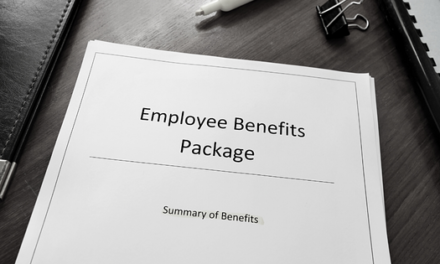Deakin University pilot study is testing whether focussing on ‘soft-skills’ can help get older Australians back into the workforce.
Older jobseekers are invited to apply to be part of the pilot program, where they will be able to complete free professional skills and expertise assessments, then get matched with relevant employers.

Project leader Dr Nick Patterson, a Lecturer in Deakin’s School of Information Technology, said the program would allow job seekers to be formally assessed by the university on a raft of its ‘Professional Practice credentials’, which recognised core employability skills.
“These credentials focus on so called ‘soft-skills’ such as critical thinking, teamwork, problem solving, communication, digital literacy, self-management and innovation,” Dr Patterson said.
“Once five of these have been completed – equivalent to about 12 to 15 hours of online assessment – the participants are matched with a job recruiter to help get them back into the workforce.
“We see this as a great way to meet growing employer demand for workers with strong evidence of soft-skills, which can be effectively adapted to the vast majority of roles and workplaces.
“A recent Deloitte Access Economics report, ‘Soft skills for business success’, suggests that soft skill-intensive occupations will account for two-thirds of all jobs by 2030 and will be integral for building Australia’s future workforce.
“By recognising these important skills with official credentials it takes the guesswork out of hiring new staff. Employers can make a much more informed hiring decision because a prospective employee’s soft skills have already been assessed independently by Deakin.”
Applications for the pilot program, funded by a grant from the Lord Mayor’s Charitable Foundation, are open to 40 to 65-year-olds living in Melbourne or Geelong who are currently unemployed.
Dr Patterson said the program recognised that Australians were increasingly being required to stay in the workforce longer, and was particularly focussed on helping those in situations that made it more difficult than usual to find a job.
“So that may be people who are living in an area where there are few available jobs, or where major companies or factories have closed or relocated overseas,” he said.
“The primary aim of this project is to reduce Melbourne and Geelong’s unemployment rate for older people, and increase workforce participation, by highlighting those really transferrable skills that are a great asset in any workplace.
“If we can show this has a positive effect on getting older people back into the workforce, then we hope this kind of credential program could be integrated into wider jobseeker support.”
To find out more about the trial, or to apply to take part, contact Dr Patterson on 9251 7903 or email nick.patterson@deakin.edu.au.



















